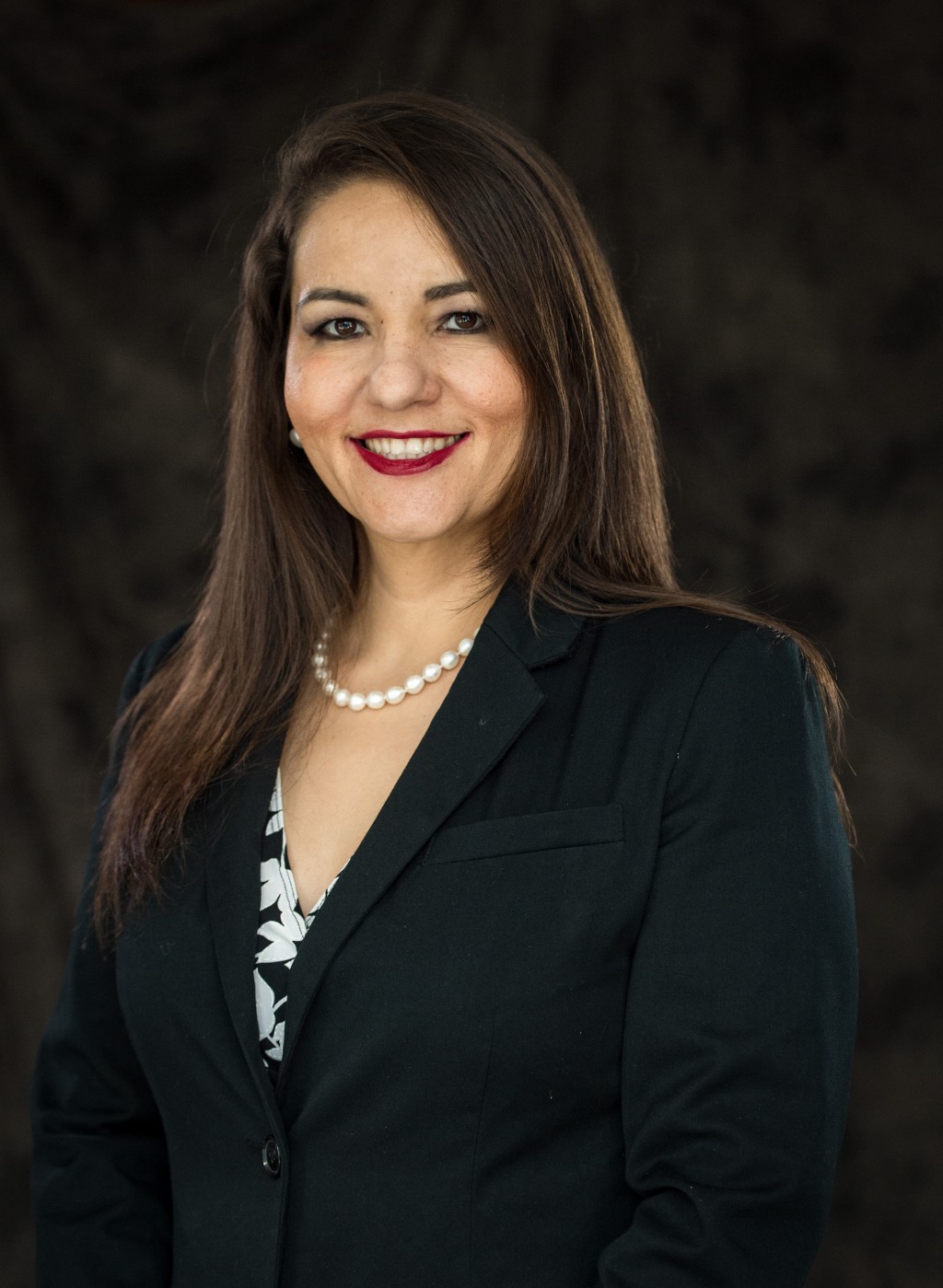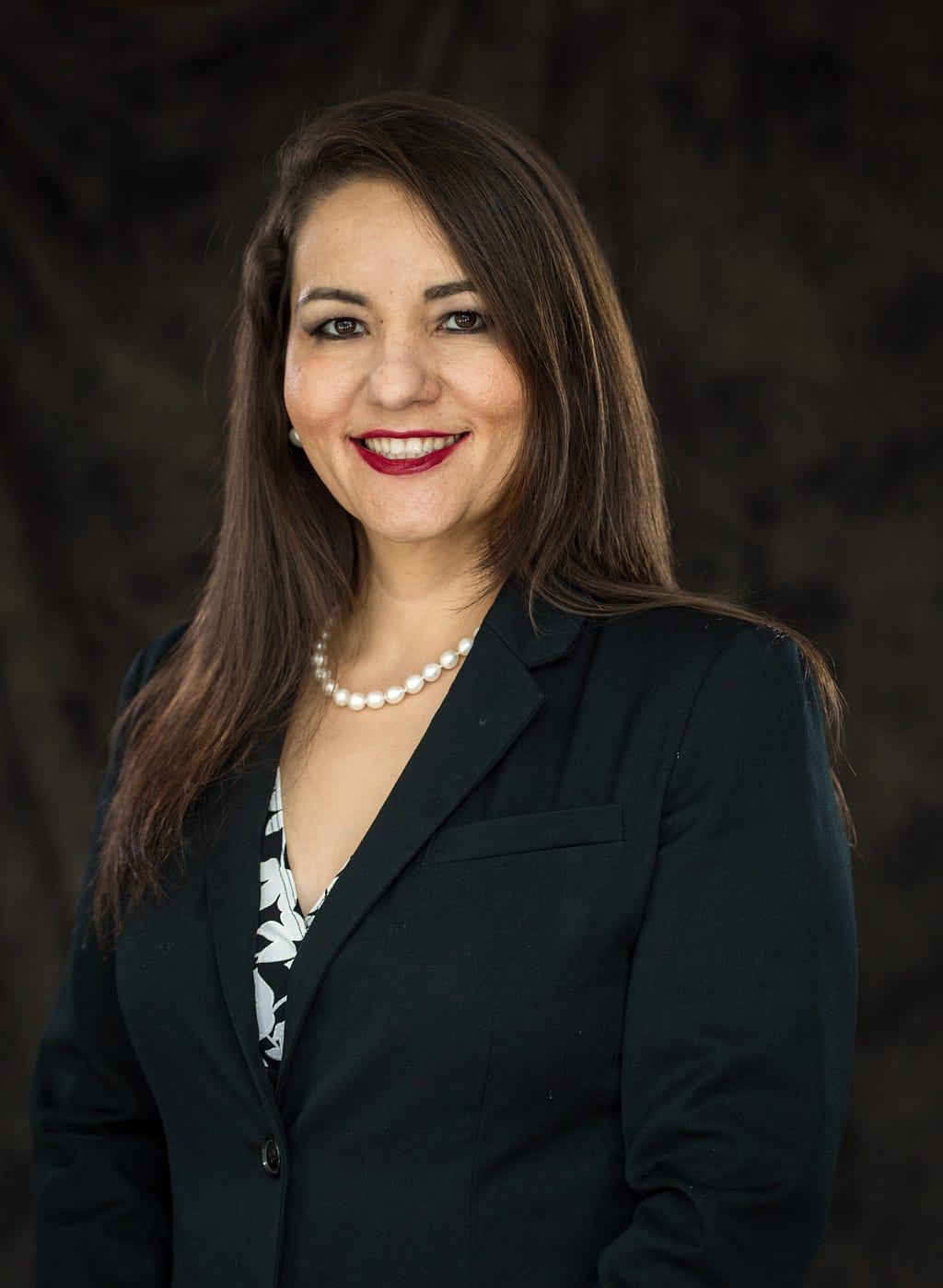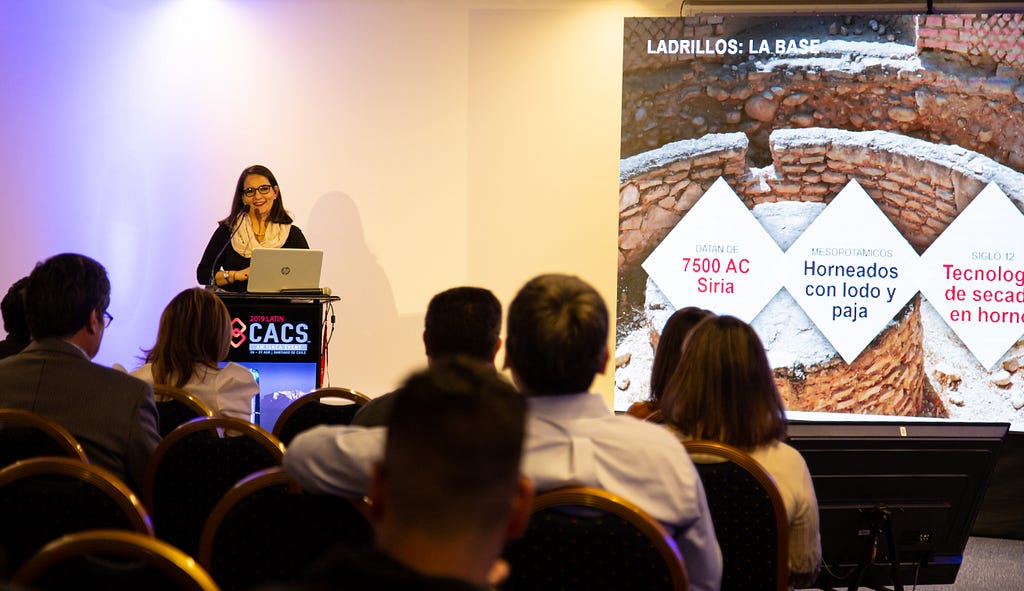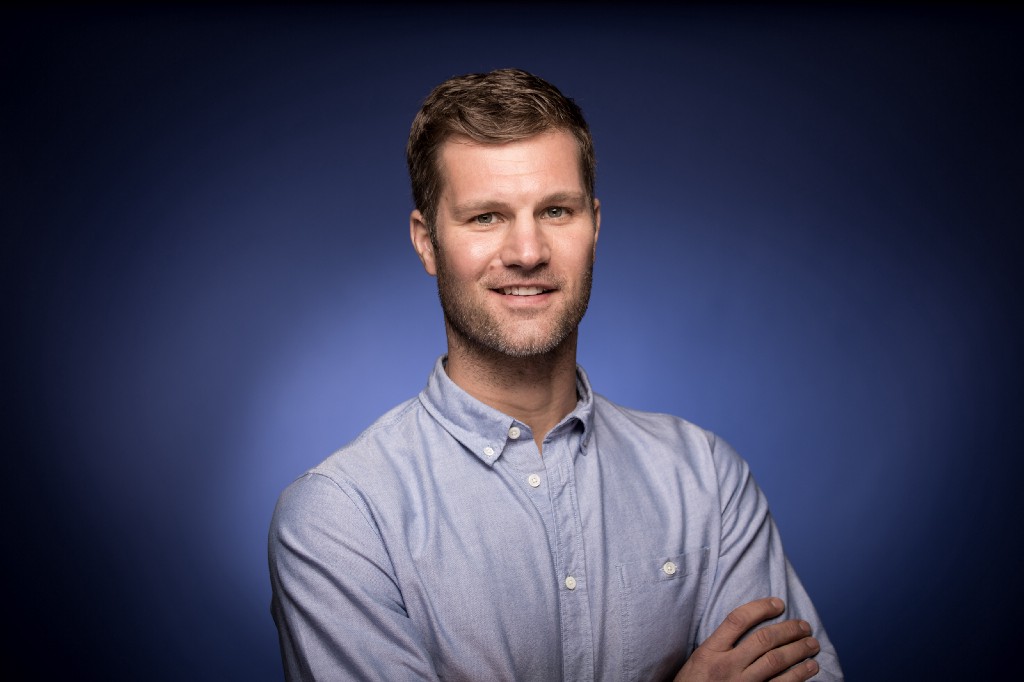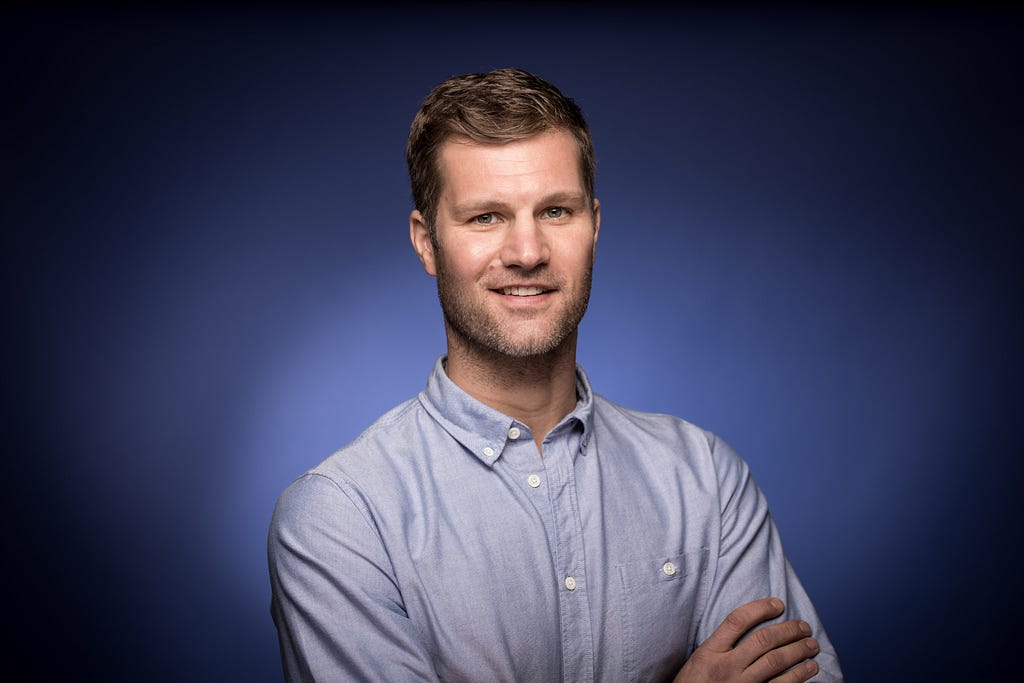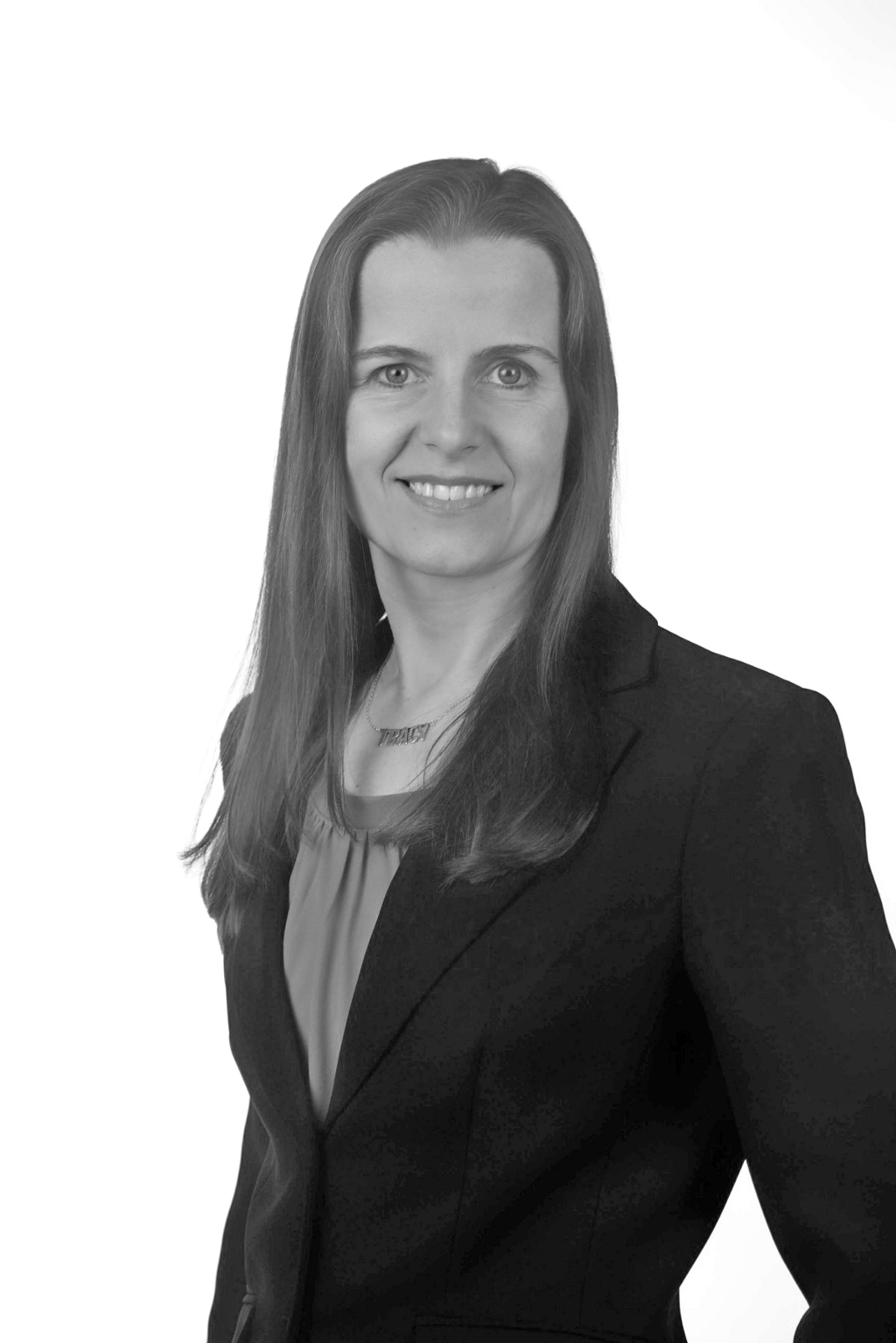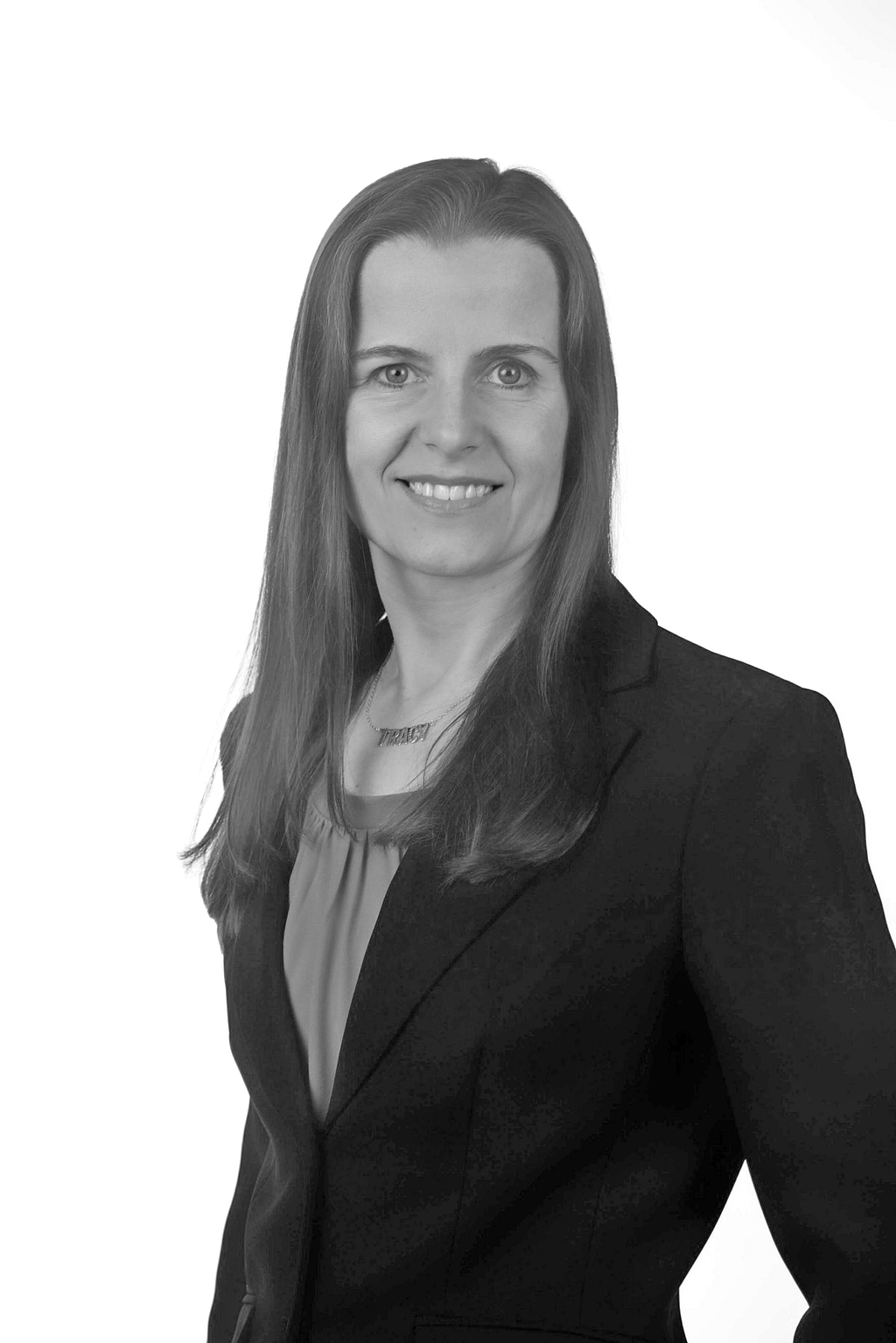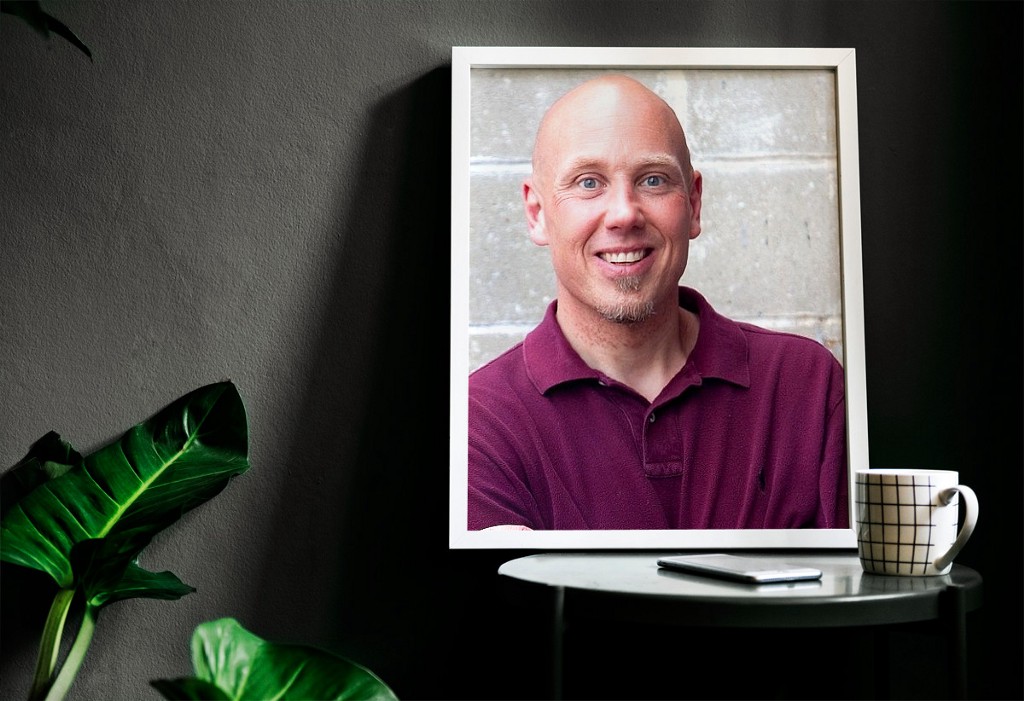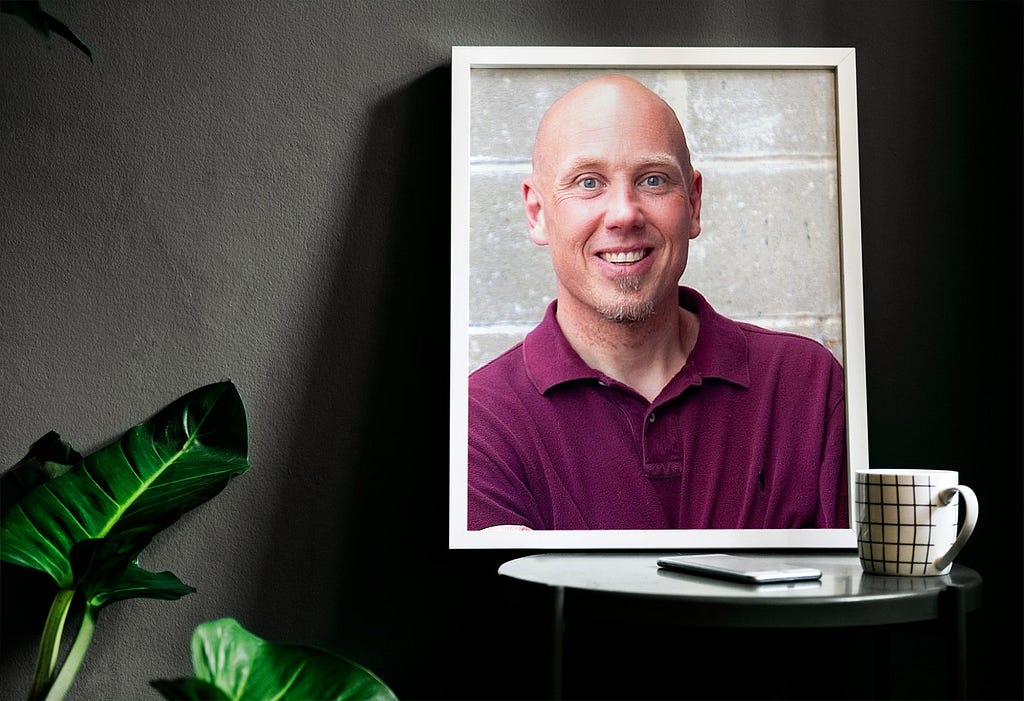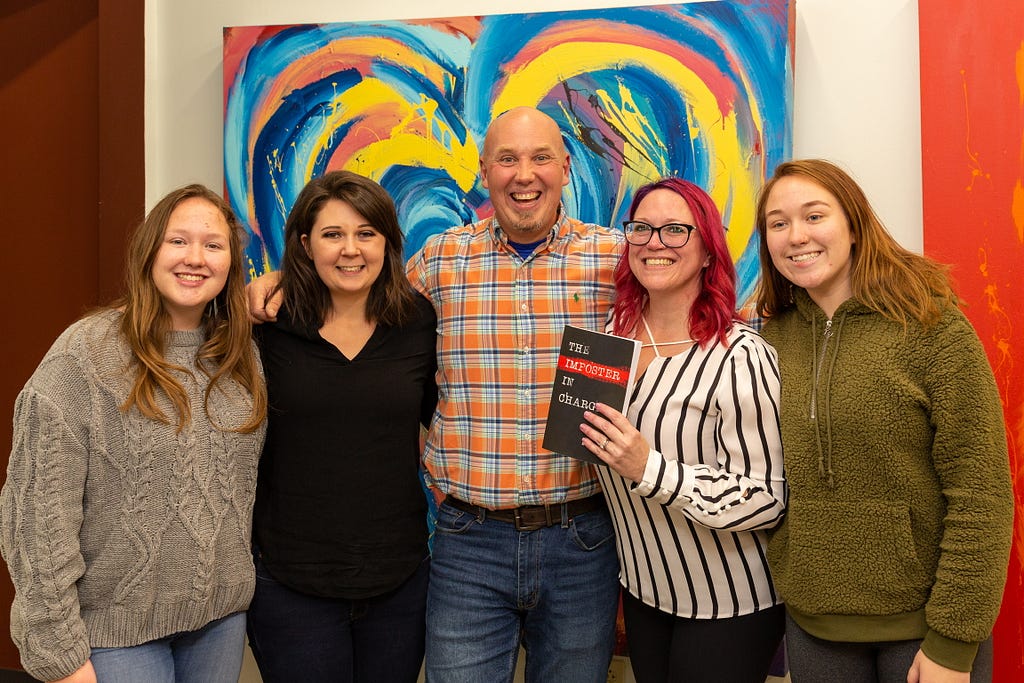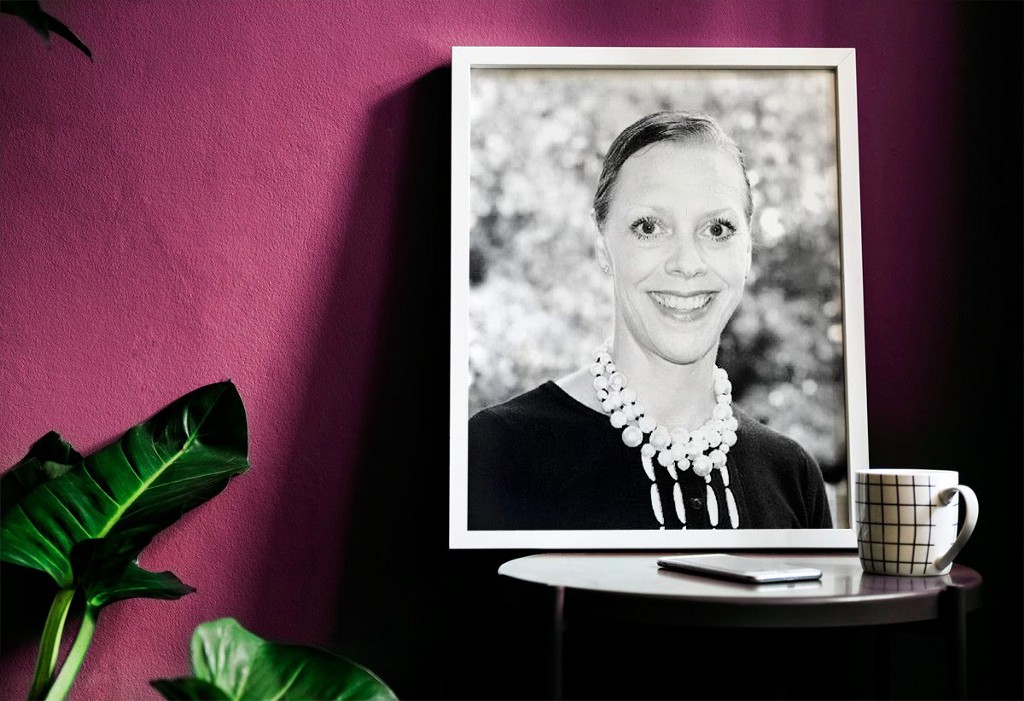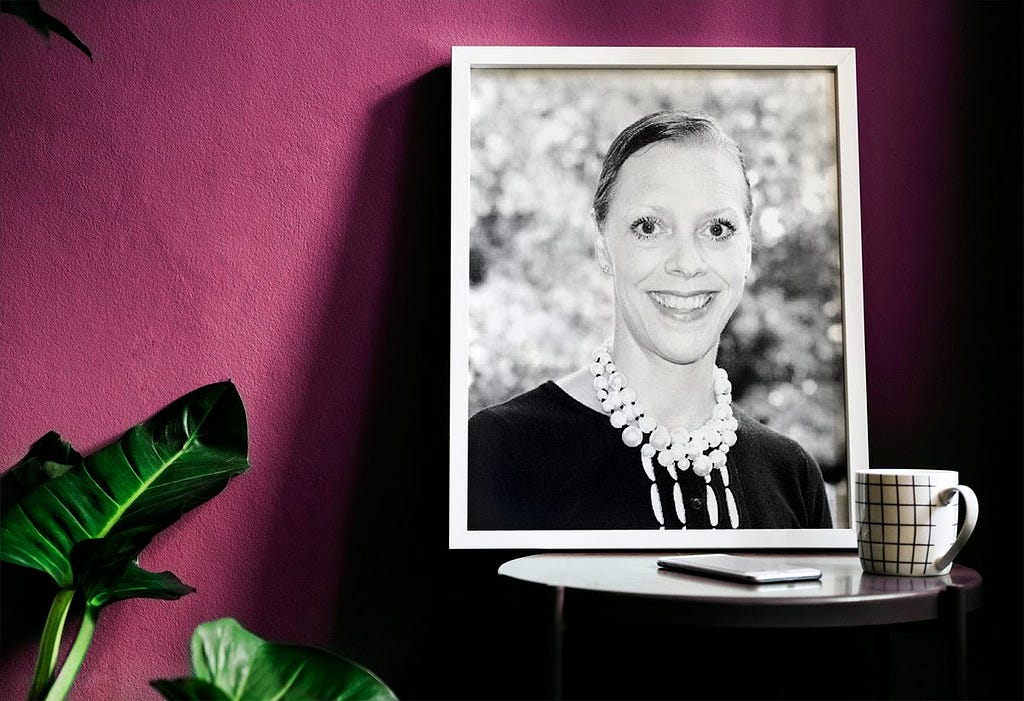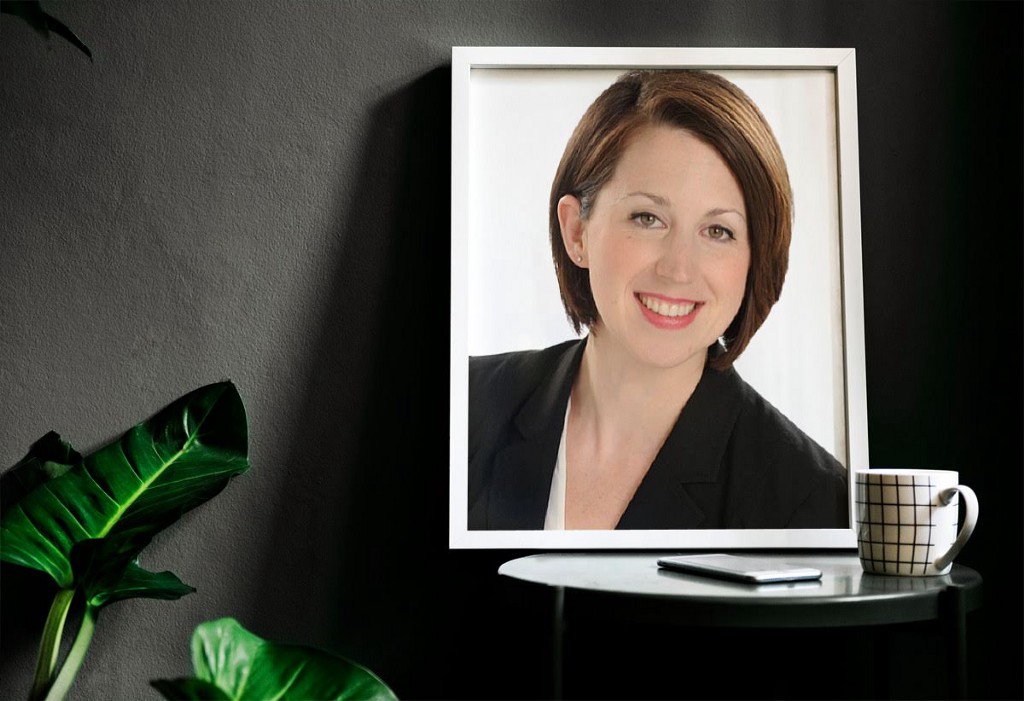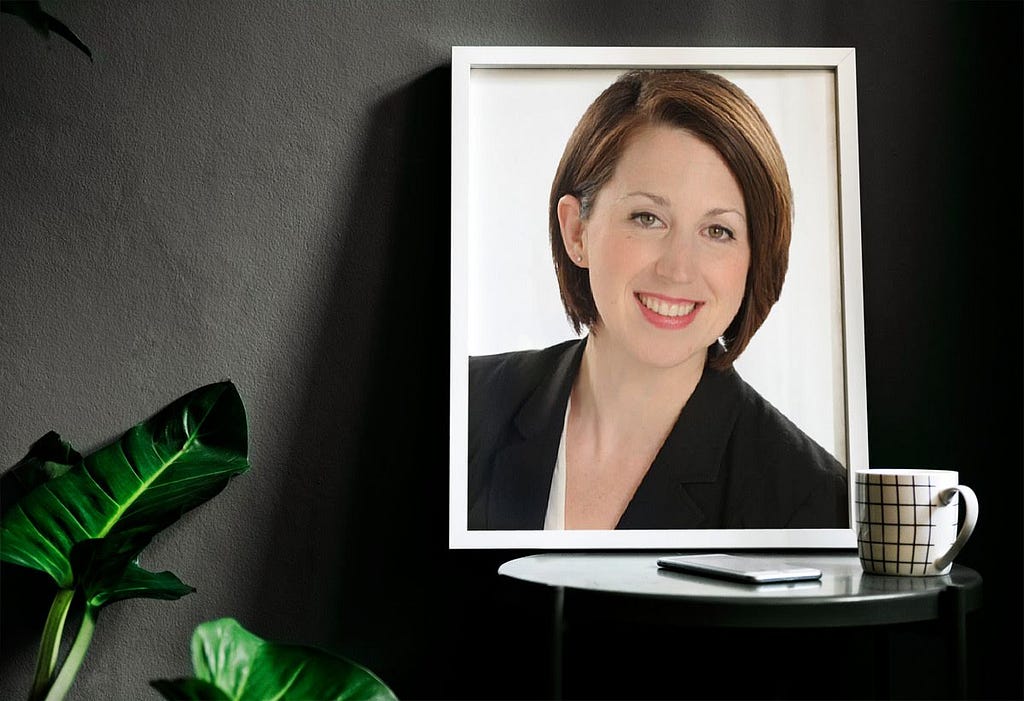An Interview With Candice Georgiadis
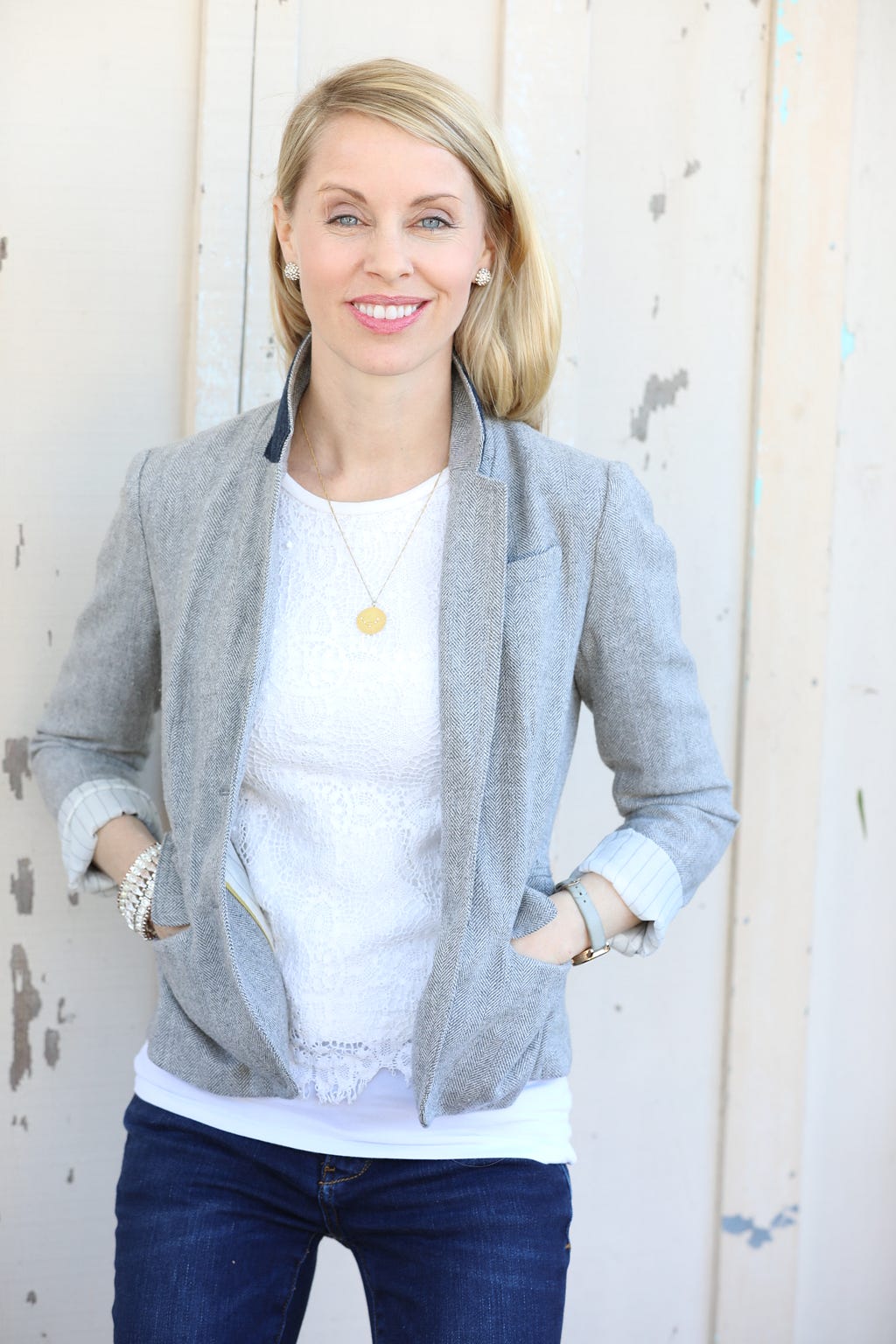
While the wage gap is certainly something we need to be concerned about, the larger issue we need to address is the wealth gap. Women are accumulating financial resources at 1/3rd the rate that men are. Which means women are more likely to find themselves in positions of economic vulnerability and are more likely to be impoverished after retiring. The wealth gap is the end result of a lifetime of wage disparity and women’s lack of access to capital. Wealth is the number to watch.
As part of my series about “the five things we need to do to close the gender wage gap” I had the pleasure of interviewing Lyn johnson. Lyn began her career at PwC in New York in their banking and capital markets division and later became the CFO of Locus Financial, a financial advisory firm located in Santa Monica. She started West Tenth during her MBA year at the University of Oxford Saïd Business School. She is the mother of three boys and an unapologetic spreadsheet geek.
Thank you so much for joining us Lyn! Can you tell us the “backstory” that brought you to this career path?
I was a CFO at a private financial advisory firm and had just had my third child when I began to feel restless — as though graduate school was calling me. So I applied to the University of Oxford and moved my family to the UK to pursue an MBA full-time there.
During my graduate studies I had the opportunity to research an issue that had been bothering me for years: the economic disadvantages that women face as they juggle sometimes impossible choices between work and caring for family. The more I researched, the more I realized that the talents women develop outside the workforce are under-utilized by our current economy. I also knew that families like mine could benefit hugely from their talents if there was an easier way to access them.
This realization planted the seeds that led to starting West Tenth instead of returning to my finance career.
I pitched the West Tenth concept — a marketplace that encourages women to market their unique, everyday talents to their local communities — in several university competitions. I was either a finalist or winner in those competitions and that gave me the confidence to bring West Tenth to life. I also met my co-founder, Andi Garavaglia, during my time at school. She joined me last year after we graduated and we’ve been building West Tenth together since then.
Can you share the most interesting story that happened to you since you began this career?
The most interesting part of this startup life can be summed up in one word for me: discovery. I’ve discovered my own ability to navigate the unknown, I’ve discovered places in Los Angeles and abroad I never would have visited otherwise, and best of all I’ve discovered the talented women running home-based businesses in my own community that I didn’t know about until now. Who knew that there were women who could print edible photos on cookies literally down the street from me? Or women who could make eco-friendly travel plans for your next family vacation? The variety and vibrancy of women’s talents is surprising even me.
Can you share a story about the funniest or most interesting mistake you made when you were first starting? Can you tell us what lesson you learned from that?
When we first started West Tenth, I was looking for ways to recruit women with home-based businesses onto our platform. I randomly met a woman who told me she was part of a large women’s networking group and invited me to come to their next meeting, which sounded like just what I was looking for.
When it came time for the meeting, I pulled up to the address listed on the invite, looked around and began to get a little wary. I arrived at the check-in desk and realized that this was a women’s charity club made up primarily of retirees and other ‘ladies who lunch’. I was the youngest person there by about 20 years and the ladies at the desk let me know that business networking or promoting of any sort was not allowed. I started to gently excuse myself — clearly this was a rabbit hole that I didn’t mean to go down — but the lovely woman who invited me spotted me from across the room and ushered me into my seat before I knew what was happening.
The meeting lasted four hours, included a luncheon and a lesson on monarch butterflies. I was tapping my feet impatiently and responding to work messages on my phone the entire time. At the end of the meeting, my hostess turned to me with eager eyes and, as everyone at my table listened in expectantly, said, “Well, what do you think? Would you like to join our club? All you have to do is write a check.”
I thought to myself, “How did I even end up here?? I will never get these four hours of my life back.”
So I looked her straight in the eyes, smiled kindly, and without hesitation said “Sign me up!” I just could not bring myself to tell this group of sweet women ‘no’. I ended up paying an annual fee to join, donating an additional amount for their charity fund, and somehow volunteered myself to put together a tea basket for their annual auction. What a sucker.
Needless to say, I didn’t attend regularly. But a few of the women I met there ended up being some of my fiercest community advocates. The lesson to me was to embrace community — no matter where you find it — and that generosity is never wasted. I also happened to learn a great deal about monarch butterflies. 😉
Ok let’s jump to the main focus of our interview. Even in 2019, women still earn about 80 cents for every dollar a man makes. Can you explain three of the main factors that are causing the wage gap?
- There are so many institutional forces at play that encourage everyone (including women themselves) to undervalue women’s skills. We hold collective beliefs about women that include an expectation that they will place the interests of their communities above their own interests. To that end, we expect women to dispense of their time and talents for free or at a discount — a factor that contributes immensely to the wage gap. (Note: A community mindset can be an incredibly positive force, but when juxtaposed with the expectations we have for men, which permit and encourage them to act in their own interests, we place women at a comparative disadvantage.) Couple those gendered expectations with the fact that the unpaid work of women who care for families has been assigned literally zero economic value in terms of dollars (their work is not even counted in national GDP numbers) and you have a recipe for the societal undervaluing of their skills and an undermining of their earning capabilities.
- Our government and societal institutions have created a ‘choice funnel’ that skew women’s decisions towards leaving the workforce after children. Without paid parental leaves or affordable childcare options, and with tax & school systems that favor one-earner married households, women’s ability to remain in the workforce and achieve a balanced family life is very constrained.
- A huge imbalance still exists between women and men in the allocation of domestic and caregiving work, which subverts women’s earning potential. Married women with children spend less time earning in the marketplace, less time in leisure activities, and more time in unpaid work in comparison to their male counterparts.
While the wage gap is certainly something we need to be concerned about, the larger issue we need to address is the wealth gap. Women are accumulating financial resources at 1/3rd the rate that men are. Which means women are more likely to find themselves in positions of economic vulnerability and are more likely to be impoverished after retiring. The wealth gap is the end result of a lifetime of wage disparity and women’s lack of access to capital. Wealth is the number to watch.
Can you share with our readers what your work is doing to help close the gender wage gap?
Our startup, West Tenth, is a digital marketplace that encourages women to market their talents to their neighbors, friends, and community. We believe that women develop incredible talents in their time away from the traditional workforce and that these talents hold monetary value for their communities. We are helping unlock access to women’s skills.
Where some may see a woman with a cute hobby or a knack for a particular task, West Tenth sees a potential entrepreneur. On the West Tenth marketplace, families & individuals can find and utilize the expertise of local women to help enhance their home and personal lives.
West Tenth is also creating a low-risk, low-capital avenue for women to create businesses from their homes based on their existing skill sets. We are encouraging society to take a second look at the economic value women bring to the table and we are helping women capture more of their own import.
Can you recommend 5 things that need to be done on a broader societal level to close the gender wage gap. Please share a story or example for each.
1.Men need to take a more active role in the home and need to advocate for parent-friendly work policies: As a society, we need to ensure that fatherhood is regarded as highly as motherhood and that men have the opportunity to create deep and nurturing relationships with their children. When men are given the chance to fully participate in family life and women are given the chance to thrive at work with the expectation of full partnership from their partners at home, we will make big strides in reducing the wage gap.
2.Paid parental leave for mothers and fathers:
Paid maternity leave allows mothers to physically recover from childbirth and give their newborns the very intense care they need without risking financial insolvency. Paid leaves of adequate duration increase the likelihood that women will return to work, which helps reduce the wage gap in the long term. When fathers are extended paid paternity leave, not only do they get the chance to bond with their babies and care for their recovering partners, they are also more likely to take on an equal share of domestic and childcare work. Paternity leaves allow men to also become experts in family life and share in the work from day one.
3. Greater allocation of capital to women: Business ownership, although difficult, is one of the most effective ways to build wealth. Women face an extra layer of difficulty when starting businesses because they lack adequate access to capital. Only 2% of equity financing was directed towards female-founded companies in 2018. And women are extended lower levels of credit than men, which limits the types of businesses they can start. Our financial systems are literally under-investing in women.
4. Conscientious hiring and salary decisions by corporate leaders: We need people in positions of power to actively seek ways to recruit women, include them in their networks, and advocate for them to be promoted into leadership positions. We also need organizations to look deeply into their pay practices to ensure they are not systematically paying women less than their male counterparts.
5. Adjusted school schedules and tax systems to fit modern family life (as opposed to the farm life of the 19th century): Our tax systems and our public school systems were formed at a time when one-earner married households were the norm. Not only have they not kept pace with modern life, but they now serve as significant hurdles to women’s consistent labor force participation. When we start expecting our institutions to change, rather than expecting women to swim against the tide, we’ll start to see real change.
You are a person of great influence. If you could inspire a movement that would bring the most amount of good to the most amount of people, what would that be? You never know what your idea can trigger. 🙂
I’d love to witness a paradigm shift in the way we value women’s time and the strengths they bring to the marketplace.
Currently, we expect women to give away too much of their time and effort for free or at a discount — both inside and outside the workplace. We also expect women to uphold families, schools, and communities with their unpaid work. As a society we reap the rewards of women’s unpaid efforts as we simultaneously push down the risks to the individual who puts herself in an economically vulnerable position.
Instead of asking women to mold themselves to fit out-dated institutions and norms, we need to demand that institutions and social expectations change to open up more options for women and allow them to realize the full value of their own work .
Can you please give us your favorite “Life Lesson Quote”? Can you share how that was relevant to you in your life?
Many years ago I stumbled upon a latin phrase: Astra inclinant, sed non obligant. Translated, this means: The stars incline you, but they do not bind you.
Which is to say, the circumstances of your birth, your upbringing and the choices you’ve made up to this moment — all of those things set you upon a certain path. BUT nothing obligates you to remain on that path — another set of choices can be made, a different path can be pursued if you are bold enough to try and fail and try again.
This is particularly important to me because I was born into a conservative religious community whose message to me from a young age was that my gender was my destiny. While I deeply value the religious community I came from, this small latin phrase allowed me to see myself in terms that extend beyond others’ expectations. In fact, I began to see my own potential as both the greatest gift I have ever been given, as well as my own personal frontier — one that begged to be explored.
That latin phrase spurred me to stay in the workforce after I had my first child, and my second, and my third. It nagged at me until I applied to Oxford. And it encouraged me to take the huge risk of starting a company. Astra Inclinant: Your beginning may be written in the stars. Sed non obligant: ultimately, you are capable of altering the coordinates of your own destiny.
We are very blessed that some of the biggest names in Business, VC funding, Sports, and Entertainment read this column. Is there a person in the world, or in the US whom you would love to have a private breakfast or lunch with, and why? He or she might see this, especially if we tag them. 🙂
Melinda Gates or Michelle Obama — These two women are advocating for the value of the individual in a manner I deeply admire. They see the way that our institutions and societal systems funnel women and other large groups into suboptimal outcomes and they are committed to changing not only individual minds but entire societal systems.
This was really meaningful! Thank you so much for your time.
“5 Things We Need To Do To Close The Gender Wage Gap”, with Lyn Johnson of West Tenth was originally published in Authority Magazine on Medium, where people are continuing the conversation by highlighting and responding to this story.



